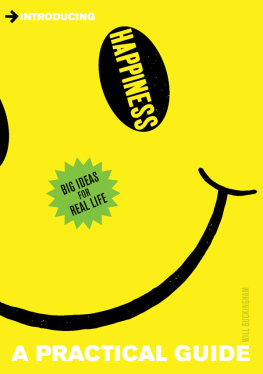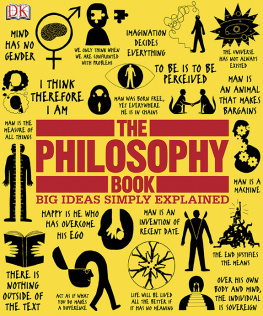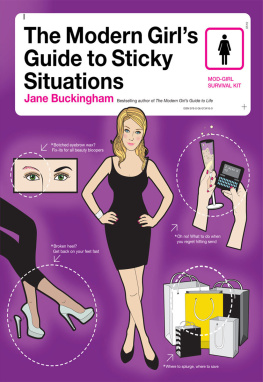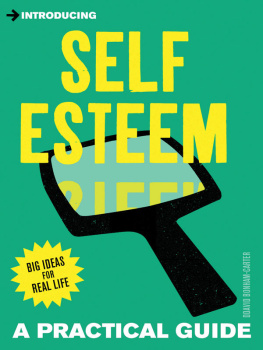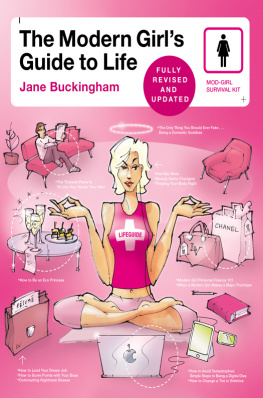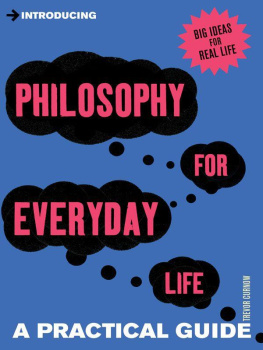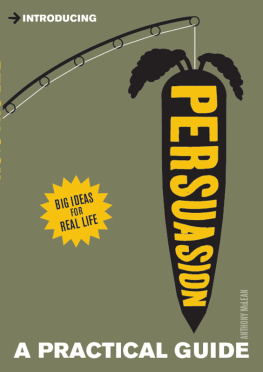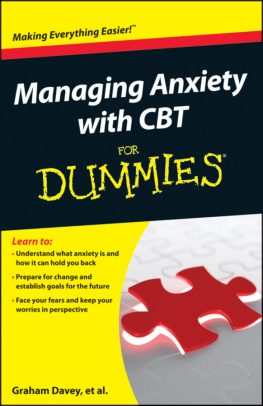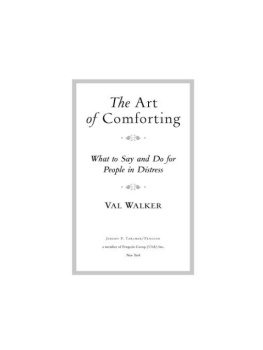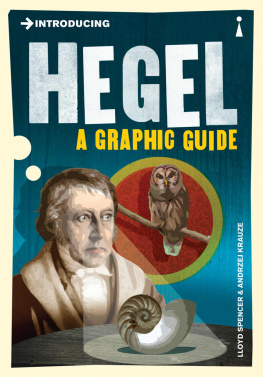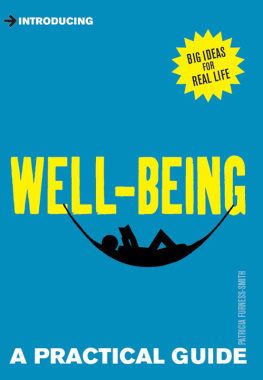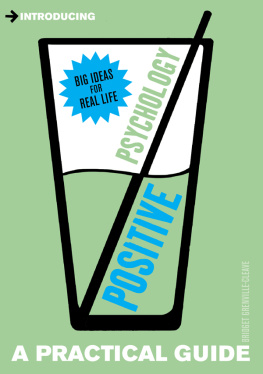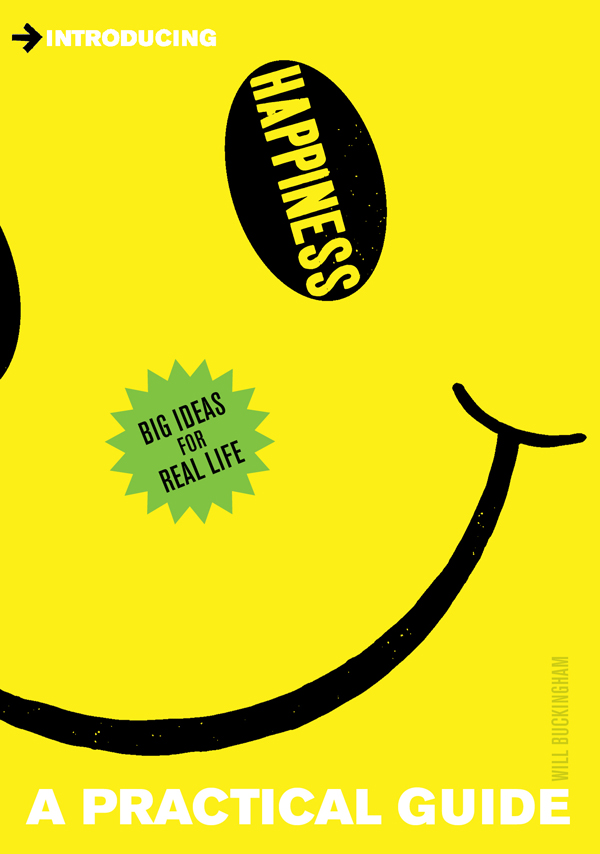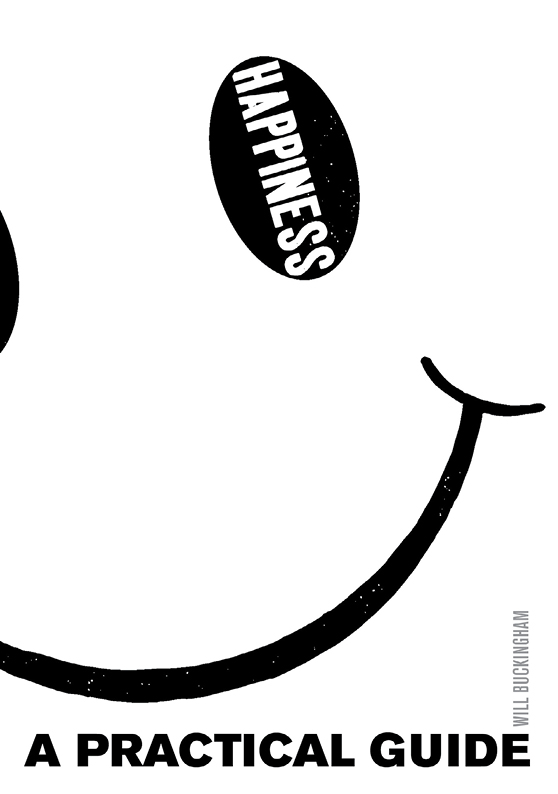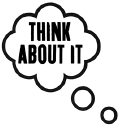Introduction: the secret of happiness?
In brief
We might think that we want to be happy, or that we want to discover the secret of a happy life, but what do we mean when we say this? In this introductory chapter, we will look at three fundamental questions about happiness. Firstly, What is happiness?; secondly, What makes us happy?; and finally, Is there more to life than happiness?
A secret of happiness?
Today, happiness is a booming industry. Where once psychologists were concerned with cataloguing mental illnesses and all the things that might go wrong with our minds, today they can often be found talking about things like character strengths, virtues and how we might lead the good life. Where economists once concerned themselves only with their balance sheets, these days they write about happiness as an indicator of the state of the nation. Even politicians are getting in on the act, proclaiming that theyre in the business not only of building wealthy nations, but also of building happy nations. And if you go to your local bookshop, youll find countless books promising you that, if you only part with your hard-earned cash, nestling within those pages youll find the secret of happiness itself.
Introducing Happiness is not one of those books. This isnt because I know the secret of happiness but out of mean-spiritedness would rather keep it to myself. Its because theres something a bit suspect in the idea that theres any such thing as the secret of happiness. Instead this is a book about what happiness might be, about why it matters to us, about the problems with happiness, and about how some of the best philosophical minds of the past have not only asked questions about what happiness is, but also provided various kinds of tools and advice to help us live happier lives.
The first thing that this book aims to do, then, is to ask some tricky (but interesting) questions about the nature of happiness. When we start to look more closely at happiness, well find that its a much more complicated business than we might have first thought. Even asking an apparently simple question like Am I happy now? can start to tie us up in all kinds of knots and puzzles.
Think of the last time you felt happy (or, if youre happy now, pay attention to this happiness). Now ask yourself some of the questions below:
- What kind of thing is happiness? Is it a physical feeling, a state of mind, or an emotion? Is it all of these things? Or is it something different? How, in other words, do you know that youre happy?
- Can you be both happy and unhappy at the same time? Can you be happy but dissatisfied?
- Are you always aware of how happy you are? Does it make sense, for example, to say, I was happy, but I didnt know it?
If you ask these questions with an inquiring mind, and ask them repeatedly, you might start to suspect that its not always very clear what we mean by happy. And the more you think about them, the more the questions around happiness seem to multiply.
However, this book isnt just about theoretical questions. Happiness matters to us not just in theory but also in practice; and so this book aims to find practical solutions to some of the puzzles around the different ideas of happiness.
You can do the practical exercises in this book on your own; but it might be more interesting, and more fun, to find a friend so that you can explore some of these exercises together, and so you can discuss the questions raised along the way.
Happiness clearly matters to us, and the very fact that you picked up this book suggests that you have not only a theoretical interest in happiness, but also what philosophers sometimes call an existential interest in happiness. In other words, you want to know about happiness because happiness is something that you aspire to, something that matters not just in the abstract, but for your very existence.
Three questions
When it comes to philosophical approaches to happiness, among the many questions that we might ask, there are perhaps three that stand out. The first, and the most obvious, has already been hinted at: What is happiness? Is happiness a matter of being satisfied with our life? Is it a matter of pleasure? Or is it about having a life thats fulfilling? A little thought shows that these things dont always coincide. I might recognize, for example, that my life isnt particularly fulfilling at the moment, but I might be satisfied with it nevertheless. Or I might have a life filled with pleasure, but feel strangely dissatisfied. Or else I might think that pleasure really isnt that important, but care a great deal about fulfilment.

To see how complicated the question of happiness is, you only have to think about the Danish philosopher Sren Kierkegaard (181355) who, agonizing over his decision whether to marry or not, decided that in the long run he would be happier in his unhappiness if he didnt marry. So he didnt. Kierkegaard is associated in particular with the philosophical movement known as existentialism, and his books are well known for their strangeness and their extraordinary literary style.

